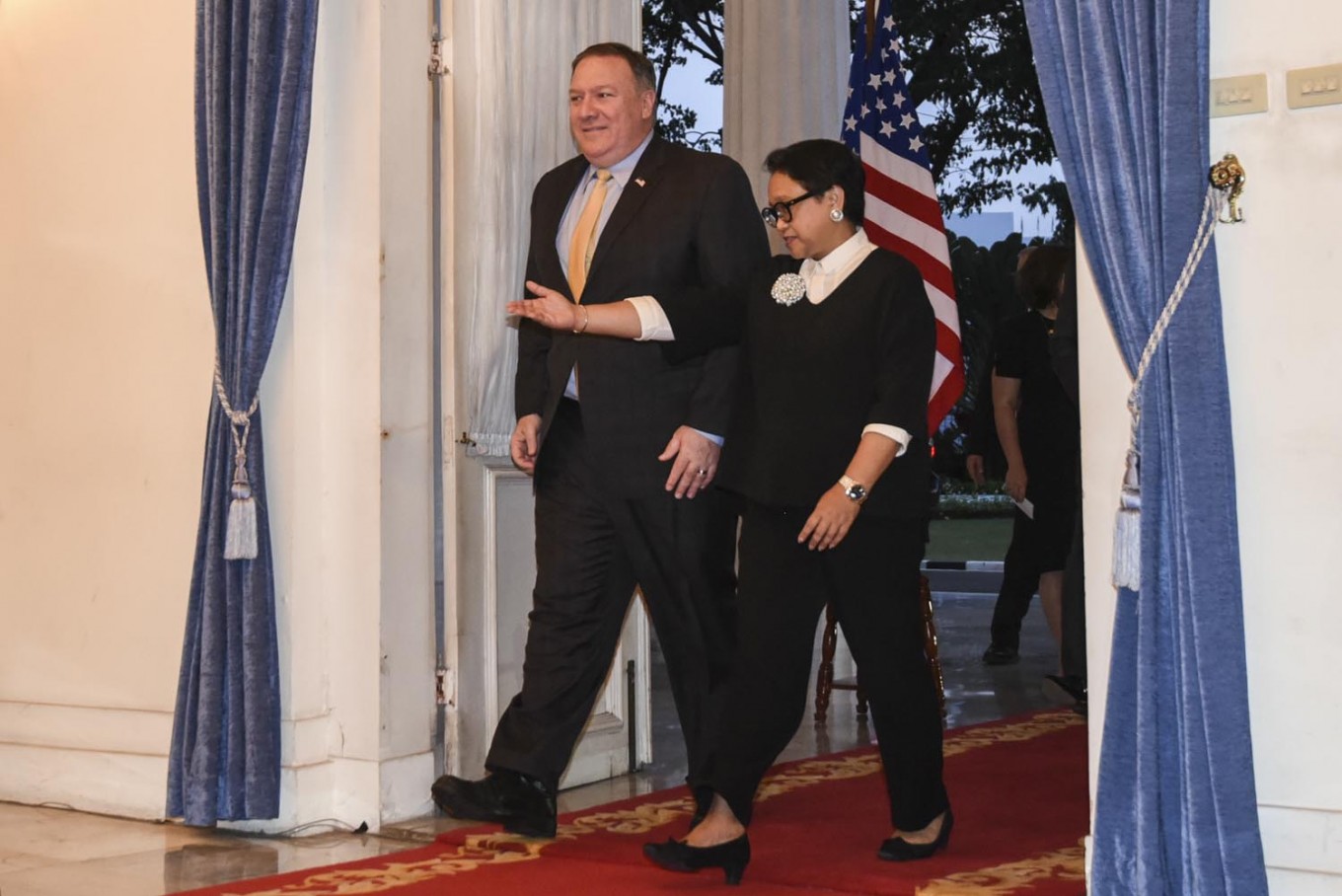Following the proposal by Indo-Pacom chief Adm. Philip Davidson, the head of the Indo-Pacific Command to spend US$20 billion in the Pacific region to counter China in coming years, the top Republican on the House Armed Services Committee has crafted a plan to make a US$6 billion downpayment in fiscal 2021.
Creating an Indo-Pacific Deterrence Initiative with a US$6.09 billion investment in fiscal year 2021 would boost air and missile defense, fund rotational forces and prepositioned stocks, build and modernize joint training ranges across the region, and ramp up information and influence operations.
I think we will see more investments into this, or similar initiatives. One reason is that CCP will increase it's investments in military, another is because there is need to maintain technological edge.
Pew Research has shown the degree to which trust for the US has fallen during the transition from Bush to Obama and the from Obama to Trump. There is also a strong disconnect between Trump’s rhetoric and ground truths about CORVID-19 deaths in the US.
Well, i would say it's pure politics. Ppl perception i mean.
COVID-19 response:
Live statistics and coronavirus news tracking the number of confirmed cases, recovered patients, tests, and death toll due to the COVID-19 coronavirus from Wuhan, China. Coronavirus counter with new cases, deaths, and number of tests per 1 Million population. Historical data and info. Daily...

www.worldometers.info
USA situation is bad, when you look at cases/1m or death/1m, it's bad. But there are other western countries with similar or worse situation by this metric, some did lockdown(Israel for example), some put less restrictions.
And knowing israeli situation i can tell that gov response is good, but society response was very bad(it started to improve only now).
My point is it's not always gov policy that determine situation.
It's better to access situation after we exit this pandemic.
---------------
Popular opinion around the world:
First Trump is not likeable person. Interesting yes, likeable no,
Well, in Israel Trump is loved. He facilitated peace with 3 countries, we don't care about 2% defence spending, as we spend 5.3% (and Israel is not in poll).
Now look what he did to others, first he liked more by right wing population, while most of world like more leftist ppl.
He push for more military spending among US allies and the only way to do it is to make US commitments ambiguous, or directly threaten to withdraw support.
He undermine world institutions, bcs he feels they were hijacked by China/RF and this put off ppl too.
He counter EU on Iran and basically bully EU and others into upholding sanctions through US financial might.
He counter China and it hurts financial interests too.
And he mostly achieve his objectives. EU is better geared to counter RF, then ever, AP countries increase cooperation and military spending.
So why should they like him?
I'm very interested to know how Taiwan view changed on Trump.
Here they favour him over Biden:
European and Asia-Pacific countries would rather Joe Biden was US president | Oct. 17, 2020 16:26

www.taiwannews.com.tw
But we'll see how it will change as he will push for more military spending there too.
---------------------
Now from strategic POV in AP which country will support US in case of Taiwan invasion, or other case of aggression?
Continuing past policies(little commitments from allies and bilateral alliances) may leave US isolated with attacked ally with token support from other allies.
Deterrence factor will also be lower in such case. Will China be deterred to act against underspending Taiwan + US + token forces from underspending UK/Canada? What about other possible conflicts in Asia Pacific?



